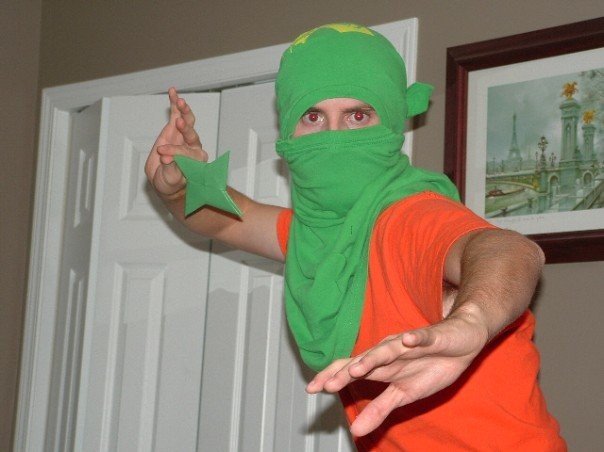Have you ever noticed that when you go to a public bathroom and the neighboring stall is occupied, you can often hear them chatting away on their cell phone or you hear the mad dash of fingers texting away? A lot of people take that as a sure sign that books are dying and that literacy is at an end. E-mails are even starting to have texting lingo included in them so that you can ttyl to your bff. What is happening to our society?
Back before Aristotle and Socrates, or even before Homer, education was oral based. The learned man was the one that could quote all the history, rhyme and verse of the people. They learned rhyme and rhetoric and were hailed as the learned men. An emperor (who ruled, but was usually not very educated) demanding popular support could hear these wisemen give him praise and think it grand, when in reality the educated people would leave something such as bravery, or kindness, or proper rhyming or timing out of their poetic praise. The learned people would read between the lines and know what was not being said and therefore what was being implied and would laugh at their little joke.
Suddenly, the Phoenicians invented written language and all of a sudden, these oral traditions and learning were banned from the "inner circles of logic and resoning" by the likes of Socrates and others. Writing and the "scientific method" replaced oral tradition and whoever could write were given a certain power or status over those who could.
This would explain why the church became such a powerful entity during the dark ages. Those who could read and write had a special gift fom God and those that had the word of God had a mandate from him to lead his people - even if they were followed blindly and ensured it stayed so.
This led to another revolution as the printing press was invented by Gutenberg and the likes of men such as Martin Luther and Jon Wycliff paved the way for revolution. We owe these men for the power of books which guided the world for another four centuries.
We are in the middle of another revolution though. In the mid-1800's, something called the telegraph was invented. Then we had the telephone, Morse Code, talking pictures, television, computers, the internet, cell phones, blackberries, etc. We are being bombarded by a new digital age and the way we are thinking is changing. We are now a visual and oral society that is based on immediate information....and lots of it.
For example, when President hinckley died, I think everyone knew within 15 minutes to an hour. Example 2: When a student does research, he first goes to google. Example 3: We don't trust sources anymore. Anyone can say anything about anything. We trust the masses. That's why feedback and comments are so important on Amazon.com, eBay, and consumer testing sites.
So I ask, where are we going in the future?
I read this article last night. It's rather polemic in its thinking, however, I found it intriguing and have been thinking about it ever since. I kind of summed up my thoughts on the article and it's main points in the previous paragraphs, but I recommended reading the full article.
http://individual.utoronto.ca/markfederman/WhyJohnnyandJaneyCantRead.pdf
Theory of Mind
13 hours ago

2 comments:
Interesting thoughts and well-done on a quick history of the written word. :-) I'm part of the library-going crowd, so my easy answer to this question is: yes. However, I've also helped with extensive research and "educated guessing" on what the "library of the future" will be like. The prediction is a little frightening to those who believe the sky is falling. Personally, I think we'll always have brick-and-mortar libraries as well as bound books. Libraries aren't extinct yet.
Anyway. I liked your musing. (Found you via Ben's blog, btw.)
Hey Dave! I saw that you visited my much neglected (but, no longer neglected) site a while ago! How are you!
I like your blog a lot and I was really impressed that one of your photos from your photo shoot is actually being used!
Talk to you later!
Post a Comment